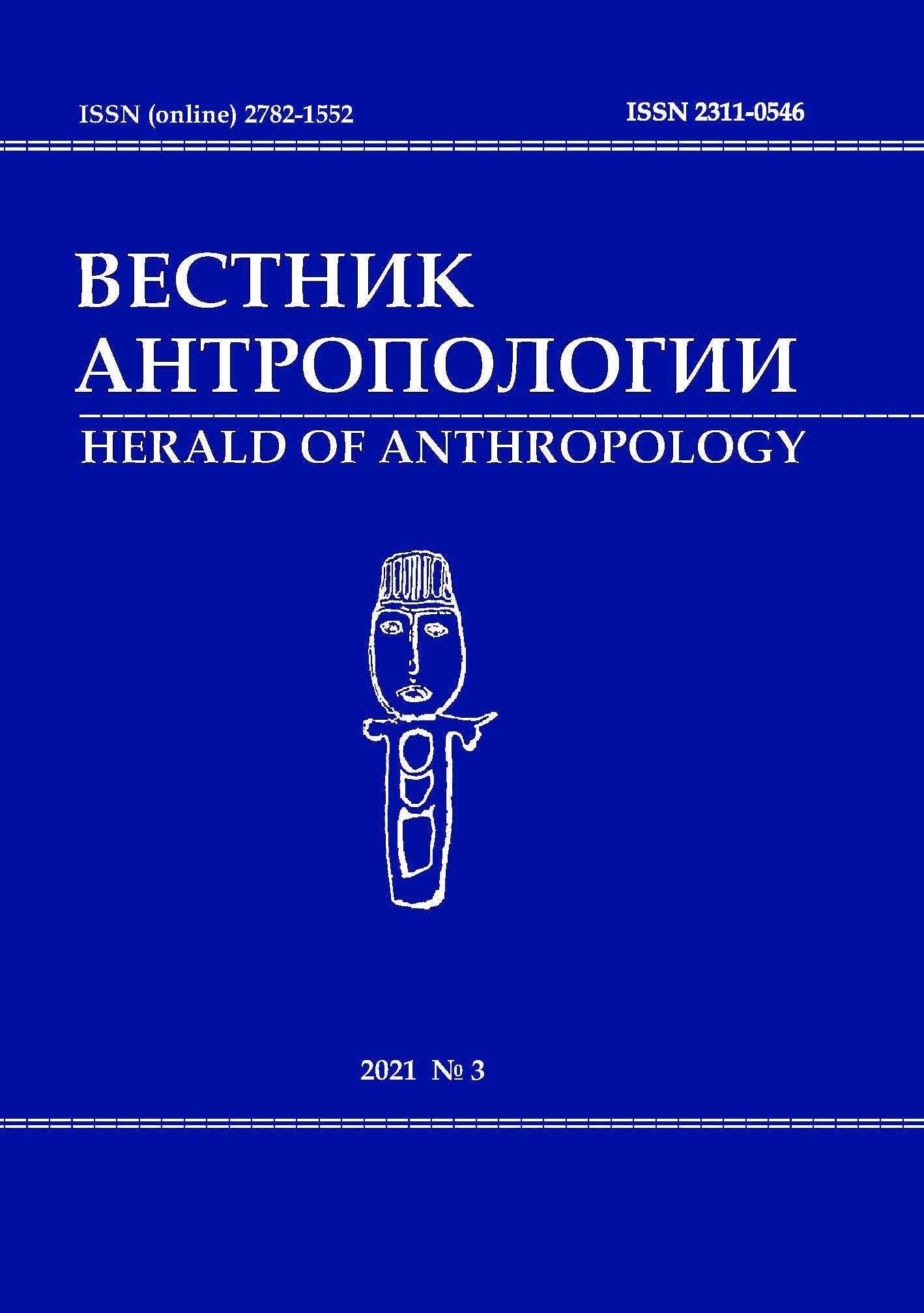Collective Identity And Social And Political Behavior Of The Population Of Lithuania In The Light Of Historical State Policy
DOI: 10.33876/2311-0546/2021-3/42-52
Keywords:
state historical policy, politics of memory, Lithuania, Russian-speaking populationAbstract
The article examines the collective identity of the population of independent Lithuania during the 1990s - 2010s in conjunction with local memory politics. At the time of gaining independence in 1991, Lithuania was a multinational state. Along with the Lithuanians, who constituted up to 79% of the population, it also had Russian-speaking and Polish residents. As a result, the local authorities faced the need to construct not only their own political mechanism but also a collective national identity capable of binding the emerging statehood. A significant role in achieving this goal was played by the Lithuanian historical policy, aimed not only at the ethnic Lithuanians but also at local ethnic minorities. In this article, we attempt to trace the formation of collective identity, the socio-political behavior of Lithuanians, Russian-speakers, and Poles through the historical views of these groups and the degree of susceptibility of the population of the Republic to the state historical paradigm.
For Citation: Zverev, Kirill A. 2021. Collective Identity and Social and Political Behavior of the Population of Lithuania in Relationship with Historical State Policy. Herald of Anthropology (Vestnik Antropologii) 3: 42-52





















